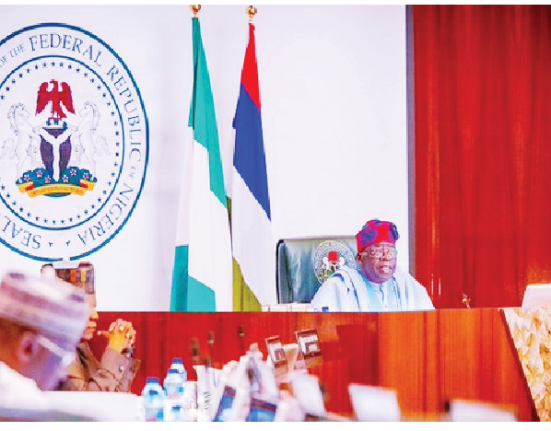The Joint Admissions and Matriculation Board (JAMB) has recorded a significant turnout for the 2025 Mock Unified Tertiary Matriculation Examination (UTME), with 211,000 candidates participating in the exercise. The mock examination, which serves as a preparatory test for the main UTME scheduled for April 25, 2025, reflects JAMB’s commitment to ensuring candidates are well-prepared for the national examination.
As part of its efforts to uphold the integrity of the examination process, JAMB introduced a decoy website aimed at curbing cheating and other forms of malpractice. This innovative measure is part of broader reforms implemented by the board to enhance transparency and fairness in its operations. The decoy platform reportedly simulates the real examination environment, allowing candidates to familiarize themselves with the system while also serving as a tool to detect potential loopholes that could be exploited by dishonest individuals.
JAMB has emphasized its zero-tolerance policy for examination malpractice, warning candidates against engaging in fraudulent activities. The board revealed that its security measures have already led to the arrest of several individuals attempting to use forged credentials for admission purposes. Dr. Fabian Benjamin, JAMB’s spokesperson, reiterated that strict monitoring systems are in place to ensure compliance with examination guidelines and to penalize offenders.
The mock UTME also highlighted JAMB’s capacity-building initiatives, as it provided an opportunity to test new technological innovations and optimize examination processes. This year’s mock exercise saw an increase in participation compared to previous years, underscoring the growing interest among candidates in leveraging the mock test as a preparatory tool.
In addition to the mock UTME, JAMB has completed registration for over 2 million candidates for the main UTME, marking a record-breaking number that surpasses last year’s figures. The board continues to prioritize reforms aimed at improving efficiency and maintaining the credibility of Nigeria’s tertiary admission process.







